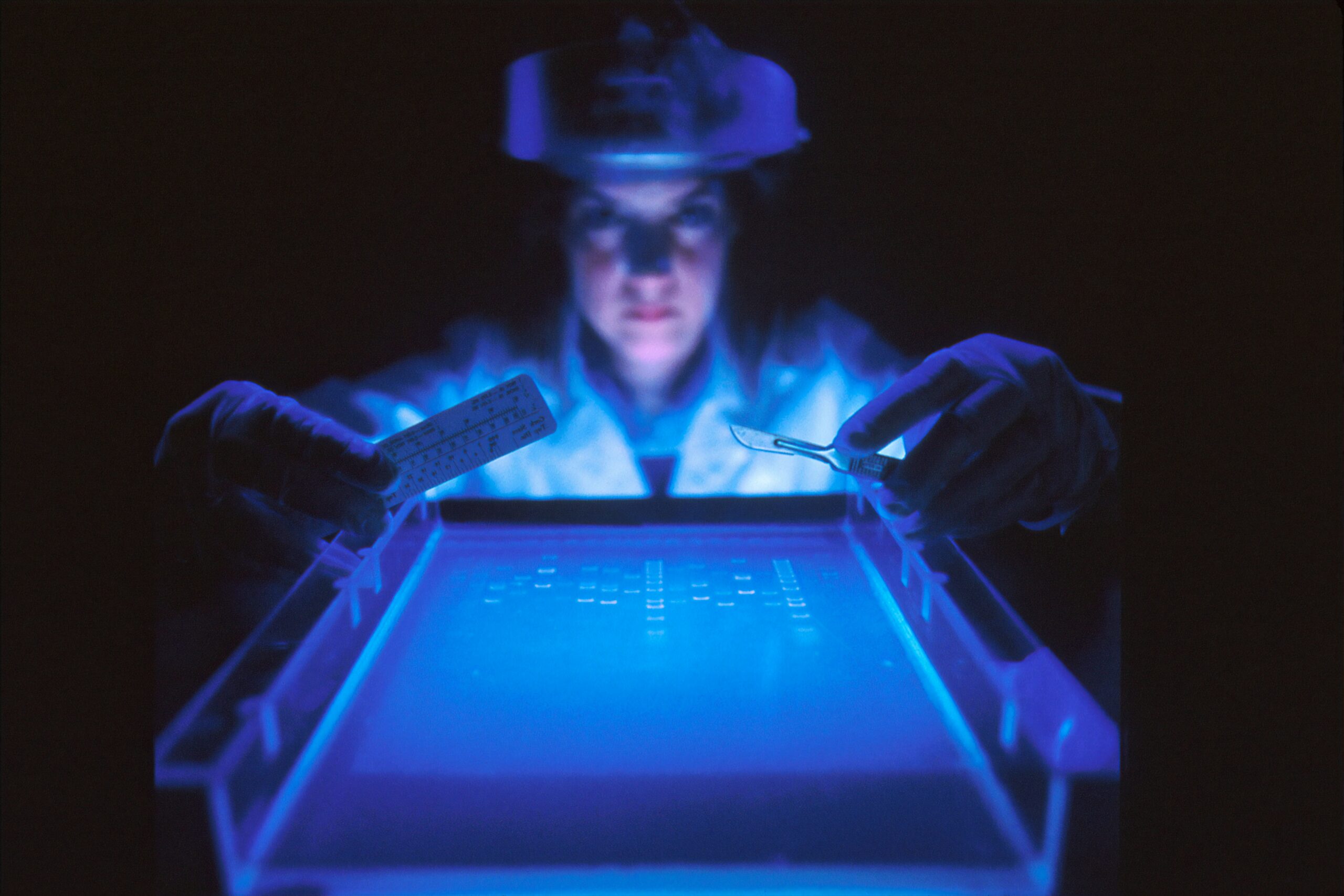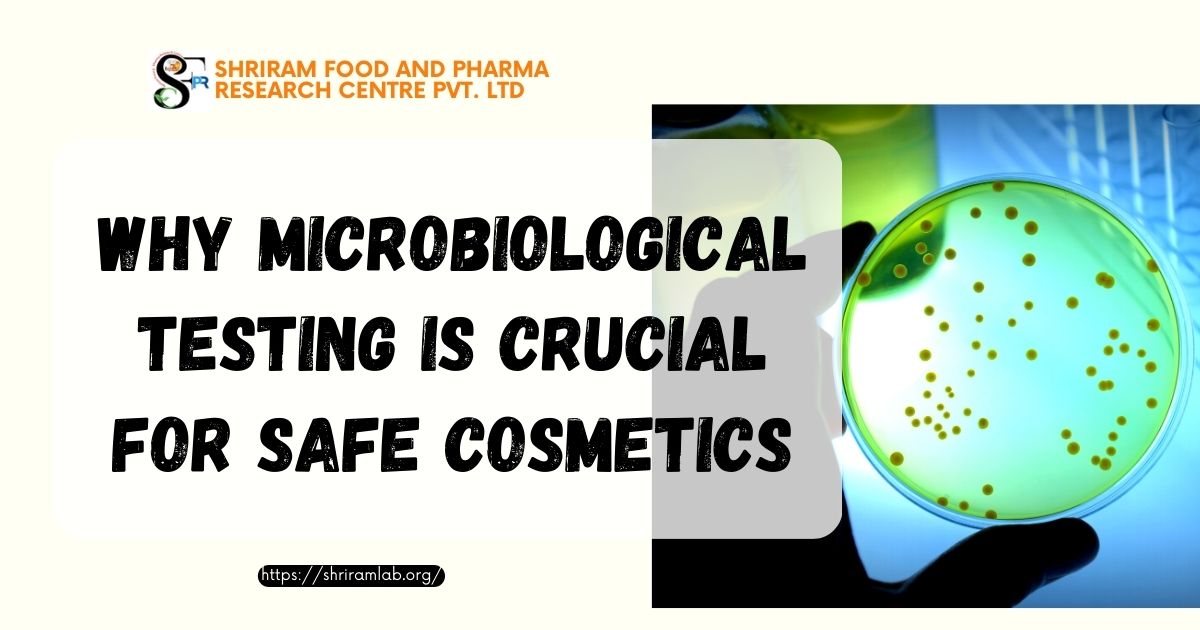1. Food Has DNA, Too
When we think of DNA testing, we often associate it with forensic investigations or paternity tests. However, did you know that food also has DNA? It’s true! Every living organism, including the plants and animals we consume as food, has a unique genetic code.
Food testing laboratories use DNA analysis to identify and authenticate the ingredients in various food products. This technique can help detect food fraud, such as mislabeling or adulteration, by comparing the DNA of the tested sample with a known reference.
By harnessing the power of DNA testing, food testing laboratories can ensure the accuracy and safety of the food we consume.
2. Food Testers are Fighting the Onslaught of Drug-Resistant Bacteria
Foodborne illnesses caused by bacteria are a significant concern worldwide. However, what many people may not realize is that some of these bacteria have become resistant to antibiotics, making them even more challenging to treat.
Food testing plays a crucial role in identifying and monitoring the presence of drug-resistant bacteria in our food supply. By conducting regular tests, food testers can detect and track the spread of these bacteria, helping to prevent outbreaks and protect public health.
Through their efforts, food testers contribute to the ongoing fight against antibiotic resistance, ensuring that the food we consume is safe and free from harmful bacteria.
3. The FDA Doesn’t Automatically Test Genetically-Modified Foods
Genetically-modified organisms (GMOs) have become a topic of debate and concern for many consumers. While some countries have strict regulations regarding the labeling and testing of GMOs, the situation in the United States is different.
Contrary to popular belief, the U.S. Food and Drug Administration (FDA) does not automatically test genetically-modified foods before they reach the market. Instead, the FDA relies on the manufacturers to ensure the safety and proper labeling of these products.
However, this doesn’t mean that genetically-modified foods are completely unregulated. The FDA has established guidelines and voluntary consultation processes for companies developing GMOs, encouraging them to conduct their own safety assessments.
It’s important for consumers to stay informed about GMOs and make their own choices based on accurate information and labeling.
4. Americans Experience 48 Million Cases of Food-Borne Illness Each Year
Foodborne illnesses are more common than you might think. According to the Centers for Disease Control and Prevention (CDC), an estimated 48 million Americans experience a foodborne illness each year.
These illnesses can range from mild discomfort to severe complications and can be caused by various pathogens, including bacteria, viruses, and parasites. Common symptoms include nausea, vomiting, diarrhea, and abdominal pain.
Food testing plays a vital role in identifying the sources of foodborne illnesses and preventing further outbreaks. By testing food samples and tracing the contamination back to its source, food testers can help protect public health and ensure a safer food supply.
It’s crucial for individuals to practice good food safety habits, such as proper storage, handling, and cooking, to reduce the risk of foodborne illnesses.
Conclusion
Food testing is a fascinating and essential field that helps ensure the safety, authenticity, and quality of the food we consume. From DNA analysis to fighting drug-resistant bacteria, food testers play a vital role in protecting public health.
As consumers, it’s important to stay informed about food testing practices and make educated choices about the food we buy and consume. By understanding these surprising facts about food testing, we can have greater confidence in the safety and integrity of our food supply.





